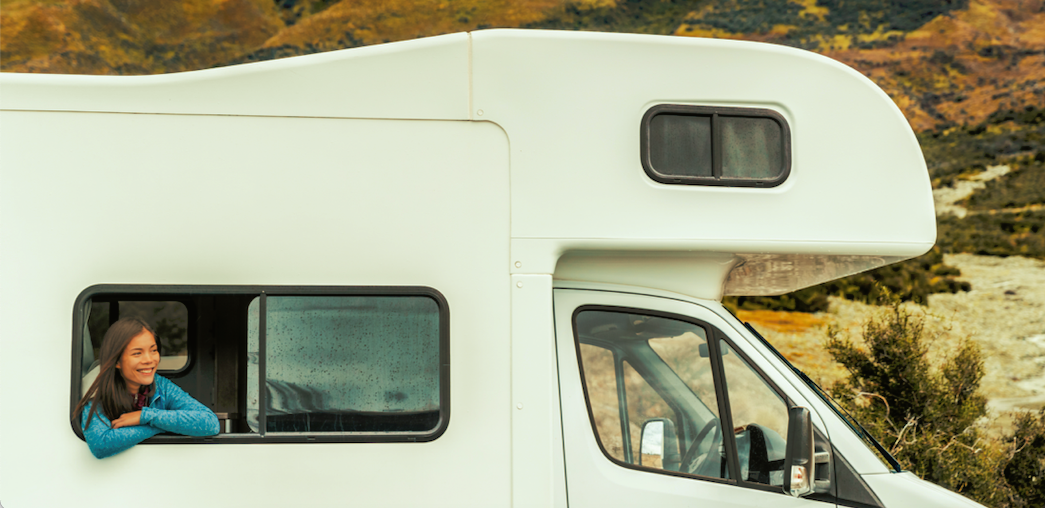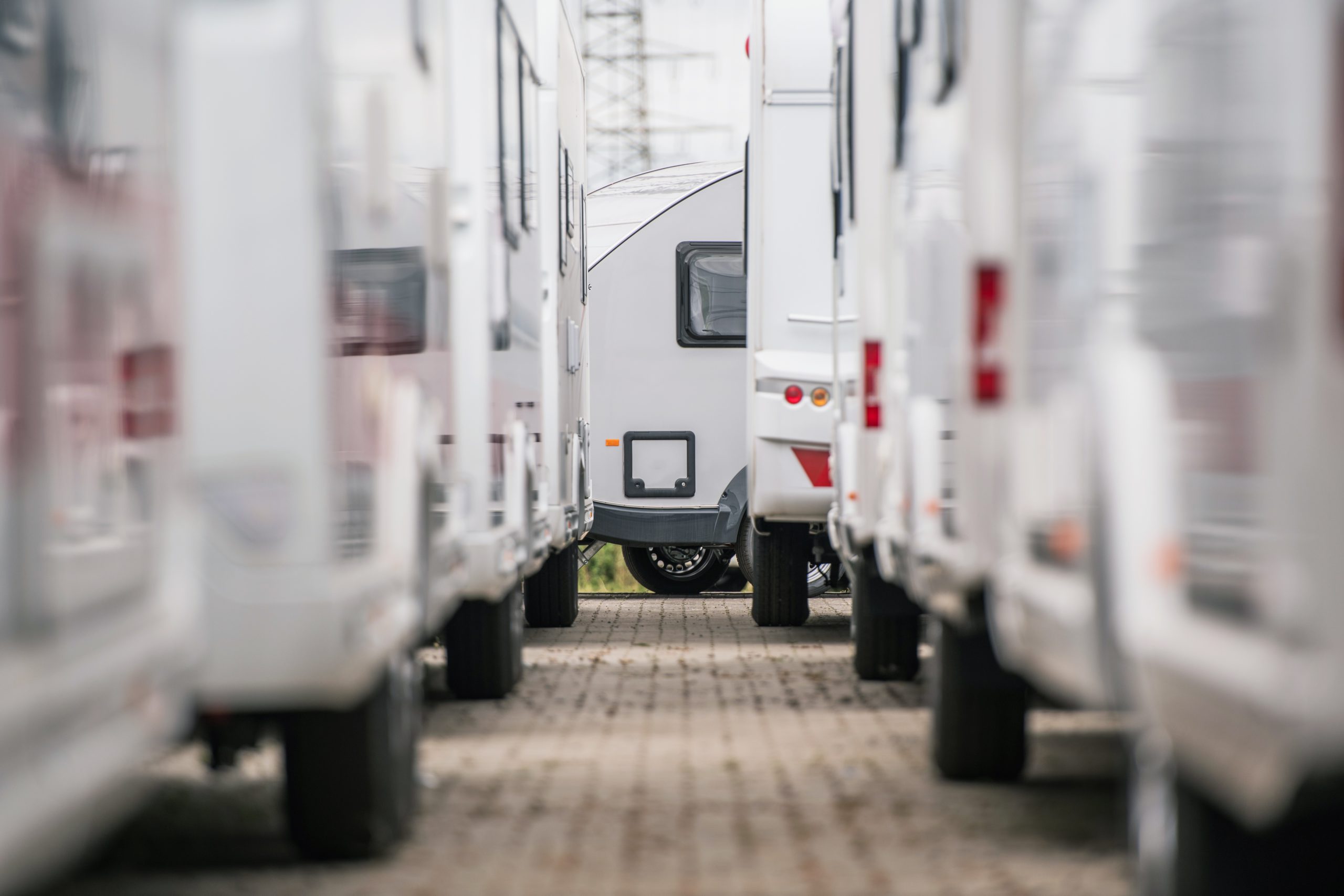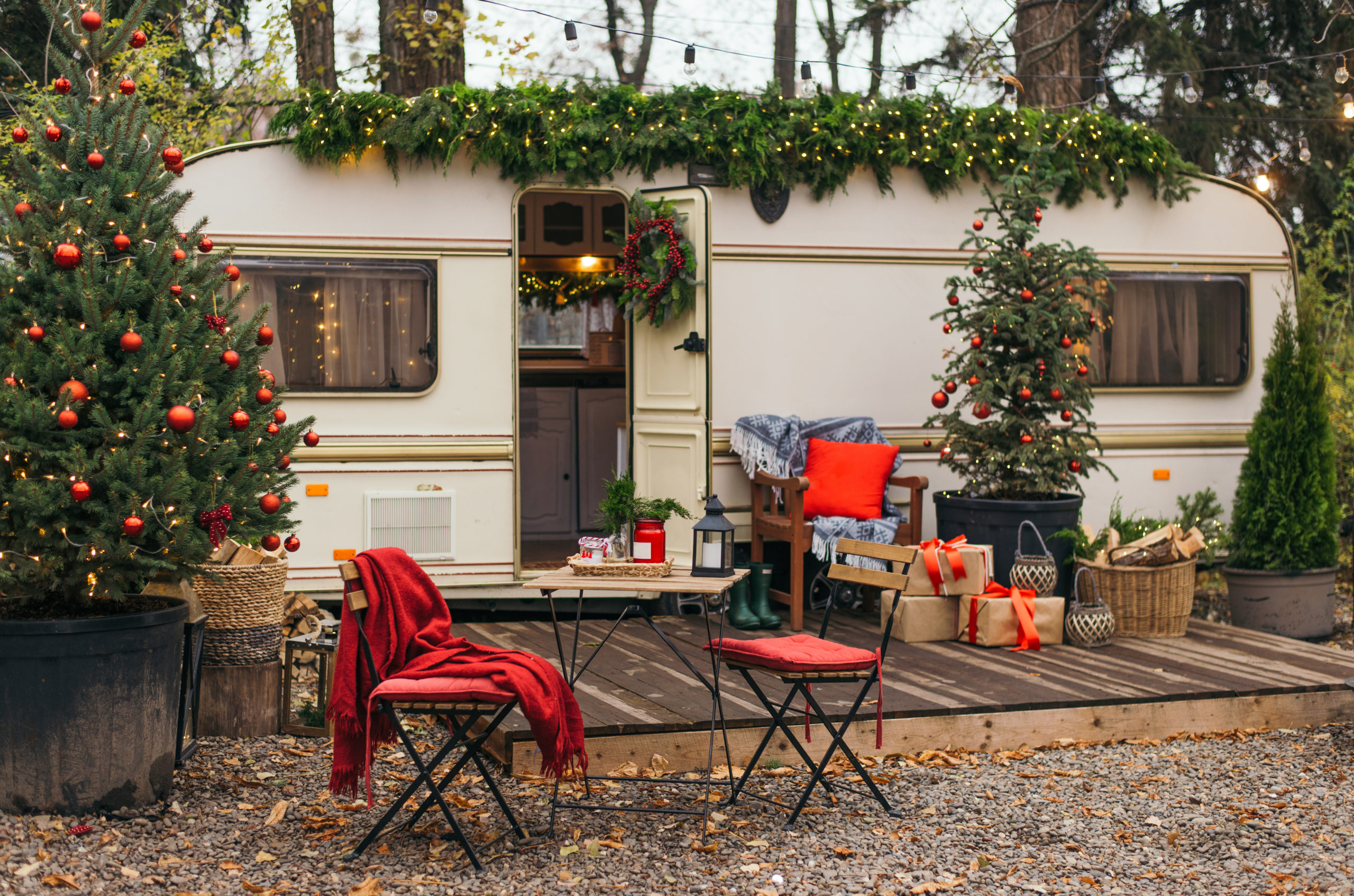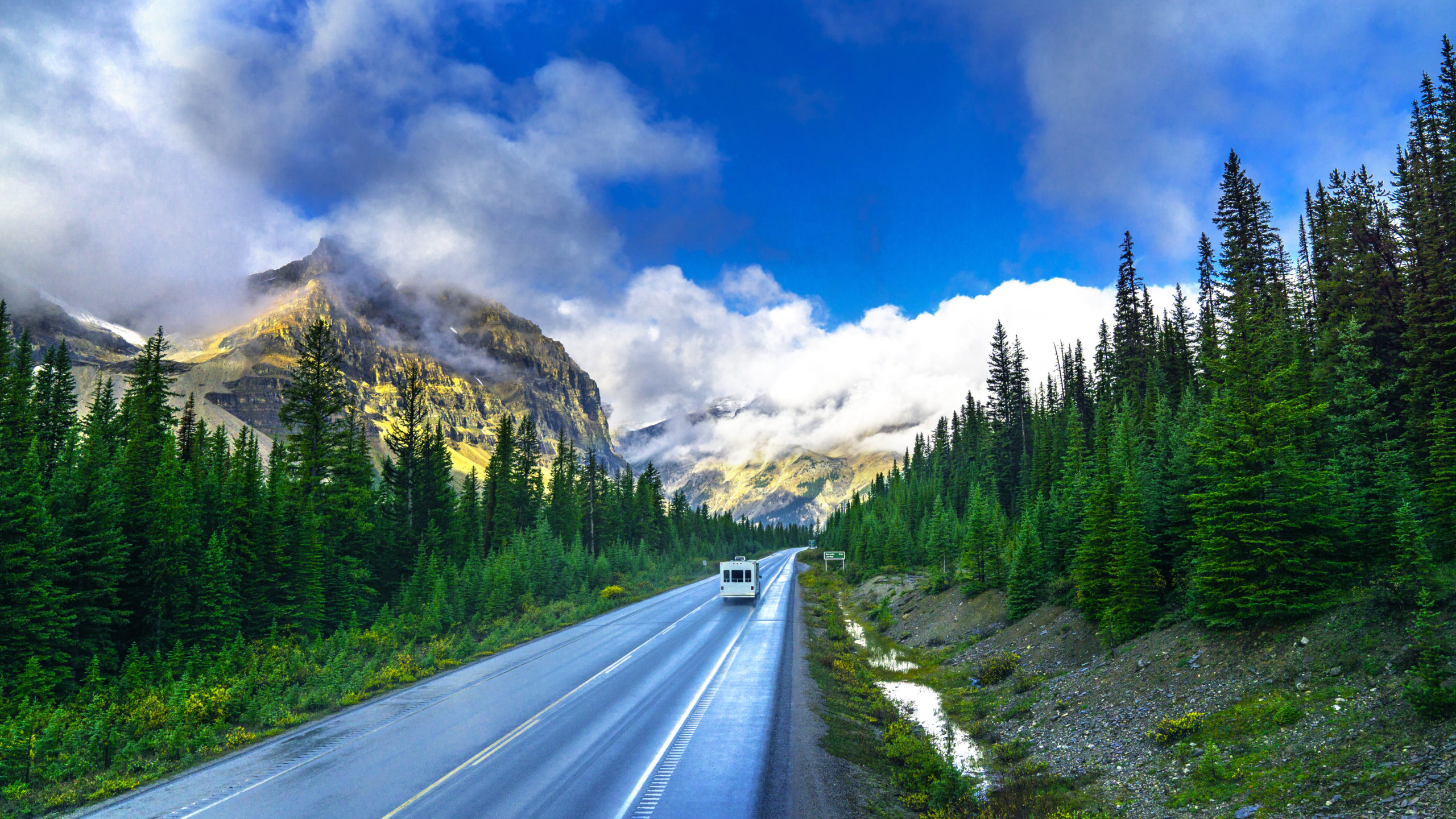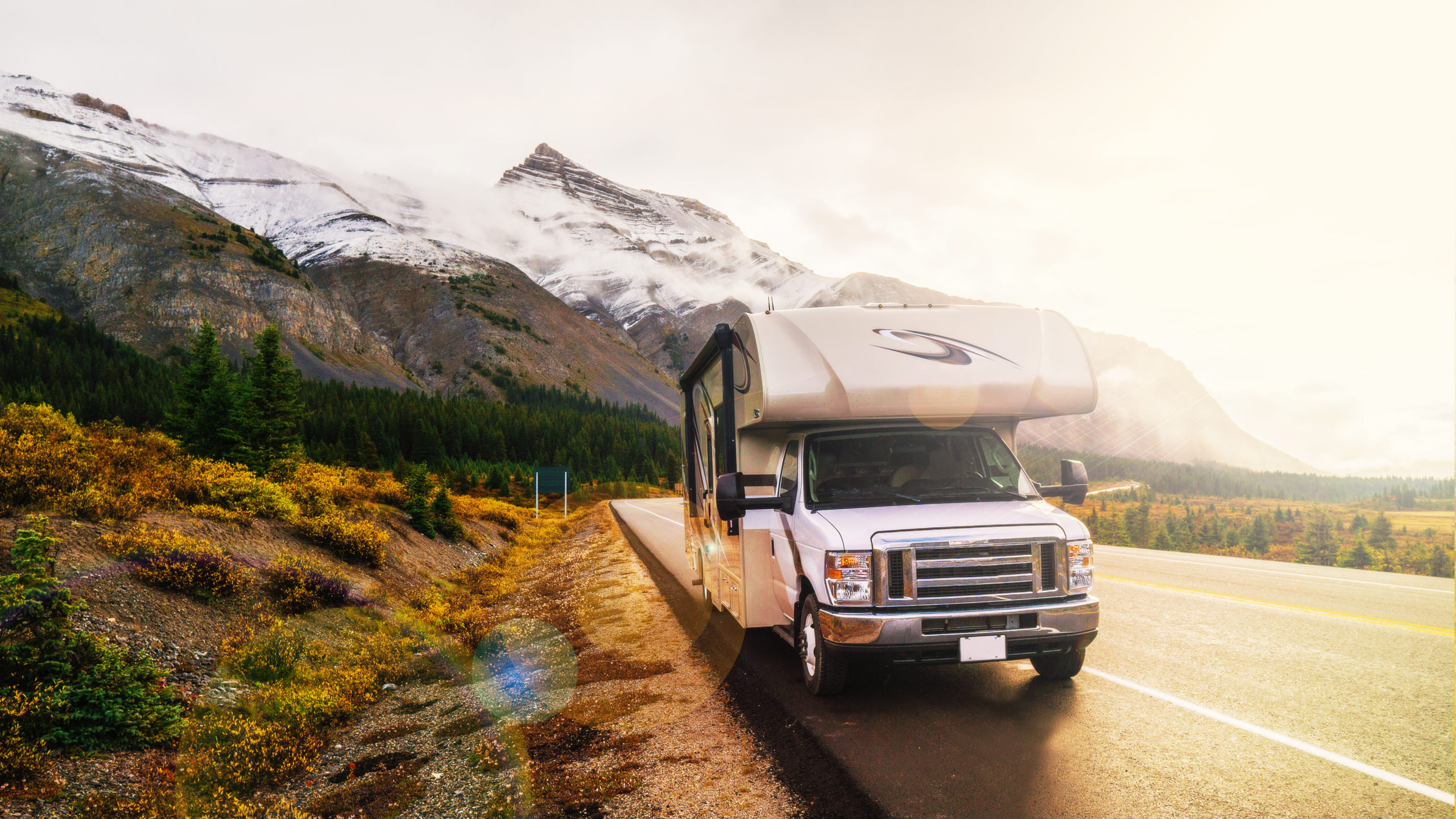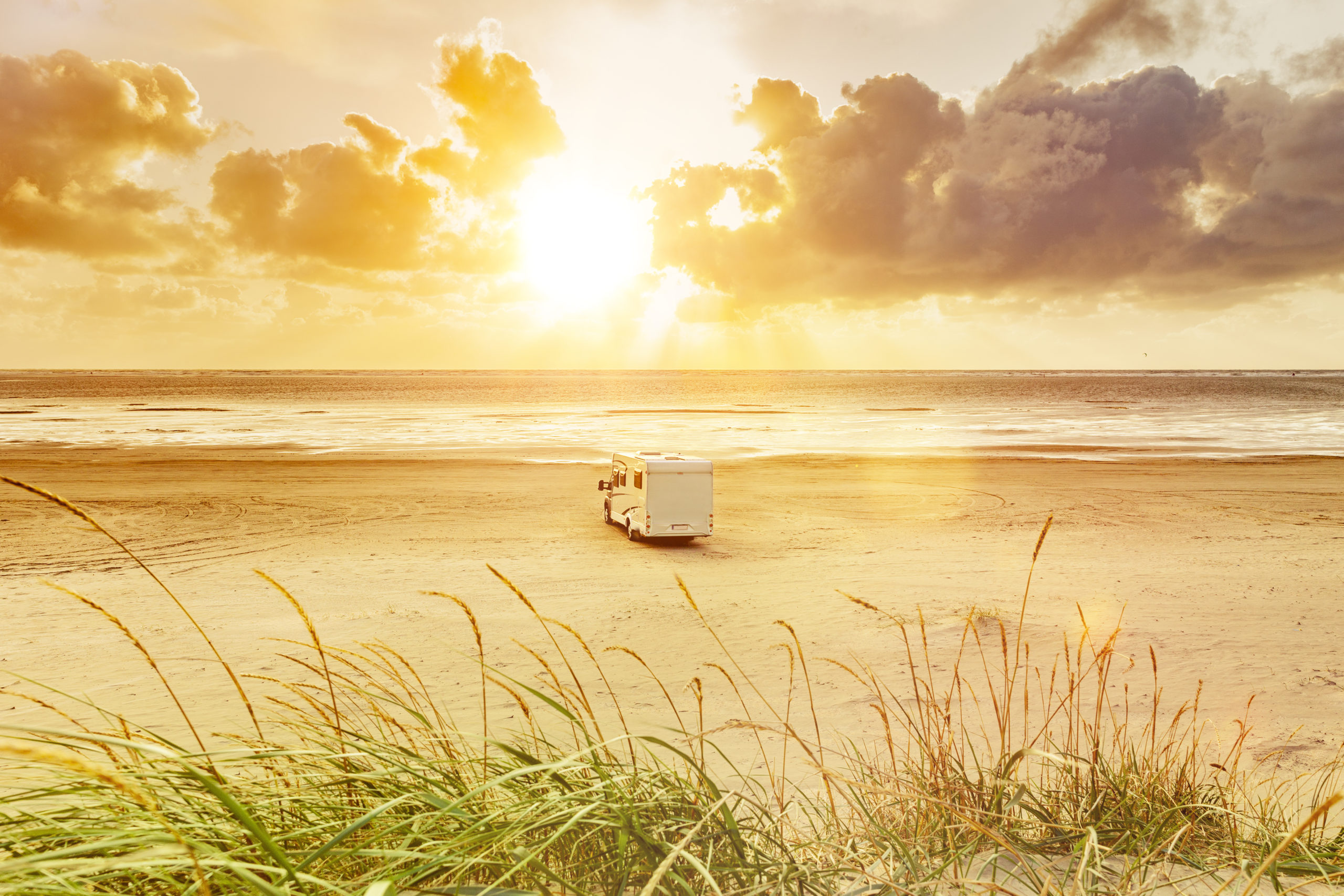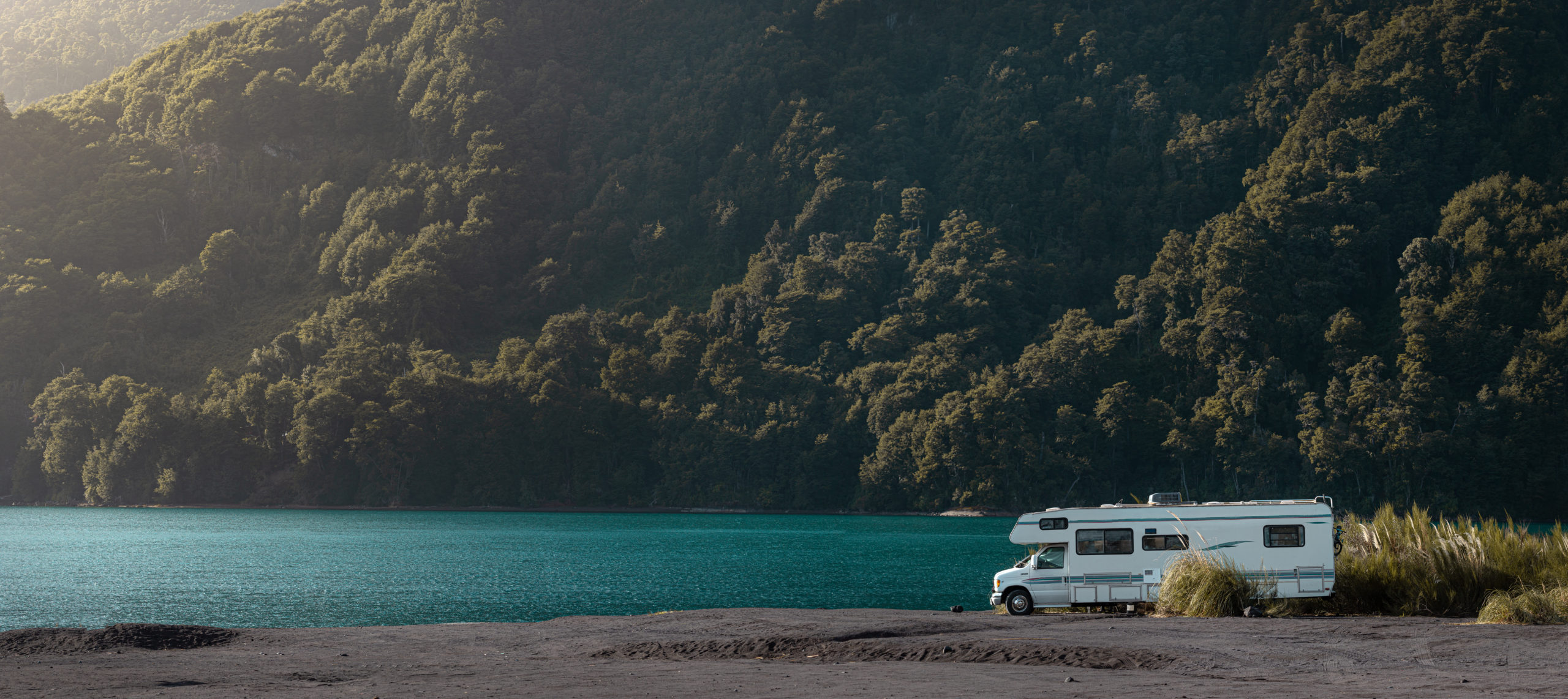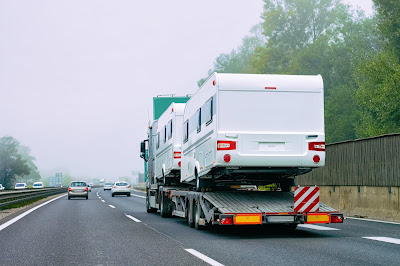Buying an RV typically is not always a simple, stress-free experience. After all, it requires a substantial outlay of discretionary funds. During the buying process it’s not uncommon for prospective first-time buyers to seek advice from their family, friends, or even FMCA (Family Motor Coach Association) members. More seasoned RV owners also may want information about how to make the process go more smoothly, and our friends at FMCA are here to help these buyers, too.
They are providing us with a thought-provoking, logical pathway to the ultimate joy of owning and traveling in an RV. Check out their tips below.
Budget
The first thing to consider: How much can you afford?
Most established dealers can assist with this, but three major items must be addressed.
Down payment. If there is no trade-in vehicle, you’ll have to determine how much cash is needed for a down payment. Even if you have a vehicle to trade, it’s likely some cash outlay will be necessary.
Monthly operating expenses. Factor in the monthly payment (if you are financing), as well as, the cost of insurance, fuel, outfitting, storage requirements, etc. Preventive maintenance. This is the cost of maintaining the RV’s major systems in order to enjoy trouble-free travel.
It’s also a good idea to establish an “RV maintenance savings plan” where you are regularly depositing money into a dedicated savings account. Every month, try to deposit the cost of at least one retail labor hour at a local RV service facility. Over the course of a year, that will buy at least 12 of the 20 to 24 annual shop hours that typically are required to keep a motorhome or RV on the road.
Family Needs
Obviously, a family of five needs more sleeping accommodations than a traveling retired couple. In addition to sleeping arrangements, consider how much storage space is required for the family’s camping gear and each individual’s hobby interests. For example, a family member who is a gourmet chef will need a fancier galley than someone who doesn’t cook. Carefully determine the family requirements beyond the aesthetic features you might have in mind.
Type Of RV
After reconciling the budget and family needs, next consider the type of RV you’d like to have. RV categories include Type A, Type C, or Type B motorhomes, Fifth Wheels, and Travel Trailers. If you are bringing some equipment like ATVs or golf carts along, Toy Haulers is another available option. A good place to start researching the
types of RVs is on RV Trader.
Another consideration: If driving/towing duties will be shared, will everyone be comfortable behind the wheel? Regardless of the type of RV chosen, new buyers will require some type of RV driving instruction.
Code Requirements
Be sure the RV under scrutiny is built to code, specifically to National Fire Protection Association (NFPA) 1192, which applies to recreation vehicles. Recreation Vehicle Industry Association (RVIA) has adopted NFPA 1192. All motorhome manufacturers that are members of RVIA build to that standard.
This code has nothing to do with the quality of workmanship; rather, it governs the general fire and life safety requirements for the RV’s fuel systems, including the propane system, the plumbing systems, as well as the interior finish, the textile materials, the means of escape, fire detection equipment, and chassis requirements. For more information about NFPA 1192, click here.
Construction Variances
Look closely at how an RV is constructed. Techniques vary; all have their pros and cons. Material costs, build times, weight specifications, etc., all factor into the differences. Be sure the construction method is compatible with how the RV will be used. For example, if you will use it for winter skiing excursions, the R-factor of the insulation used is important to know and compare. How thick are the walls, floor, and roof? How secure is the weatherproofing? Are the storage bays heated?
Floor Plan Compatibility
A suitable floor plan involves more than a seat-belted traveling position for motorized RVs and a sleeping berth for each person. Ask yourself: Is everything exactly where I’d like it to be? Ensure that the floor plan truly works for you, the family, and the activities you have in mind. Do occupants have access to the bathroom with all the slideouts retracted? Is that an important consideration? Can the refrigerator be opened while in travel mode, or is it blocked by a closed slideout? Does it even matter? Is there enough wardrobe space?
Don’t just “settle” on an RV purchase because that’s all the dealer had in stock. It’s amazing how many different, ingeniously designed floor plans exist at every length of each type of RV. Be sure the one you choose has the floor plan that works for you, not against you.
Size/Weight/Length
In most cases, as the floor plan requirements grow, so does the length of the RV, too. It’s helpful to keep in mind that RV’s can range up to 45 feet long, and the overall length stretches beyond that if you tow a car or truck. Some campgrounds, RV storage facilities, repair shops, and even some roads and local municipalities limit the overall length of the motoring configuration. Be sure you will not be limited by weight or length in the areas in which you plan to travel.
Overall height is also important. The Internet teems with videos of RVers proving they did not know (or forgot) just how tall their RV was. If this is overlooked, low overpasses, railway bridges, gas station canopies, and drive-throughs of all types can be hazardous to the components on an RV’s roof.
And don’t forget possible width restrictions. RVs with deep, opposing slideouts may be limited in some of the tighter spaces in older campgrounds. This is not always a dealbreaker, but it is something to consider if you will spend significant time in confined locations.
Brand Integrity
It’s always nice to get opinions from owners of the particular brand and model you are considering. Many FMCA chapters are focused on one manufacturer or brand; members typically enjoy sharing their wisdom with others. Also, many brands have official owners groups or clubs. Opinions are freely expressed on their online forums. But, remember, just because someone dislikes a particular brand does not mean all owners share that opinion.
Your research also should include a visit to the National Highway Traffic Safety Administration website. Search for recalls regarding a particular brand, especially when buying a preowned RV.
Keep in mind that a manufacturer or brand should not be condemned just because a recall was issued. “Many recalls have been attributed to inaccurate labels, rather than to mechanical safety defects,” said Walter Cannon, executive director of the RV Safety & Education Foundation (RVSEF), the leading voice of safety advocacy for the RV industry. But it is important that the manufacturer or selling dealer address all actionable items outlined in a recall.
Check, too, whether an RV manufacturer posts online documentation for the brand and model you are contemplating. Online owners manuals, service literature, tech bulletins, and brochures will offer some insight into specific models. Does the manufacturer have an e-newsletter you can subscribe to? It’s not so much for pre-purchase research, but once you own the coach, regular manufacturer communications are a good indication of how the company views its customers.
Another consideration, although not a deal maker or breaker on its own: Does an RV retain some value when it’s time to trade up or down?
Availability
The next step is to find the particular RV you’ve selected with the floor plan you want. If your local dealer carries the brand, but the specific floor plan and model you want is out of stock, no doubt it can be ordered. Establish a good relationship with your local dealer and purchase from there, even if the coach is available immediately from a distant dealer you found online. So, why turn away from a good deal you found online at a dealer that is a few states away? Read on.
Buy Local
If, in your quest to save a few bucks, you bought from a faraway dealership, it may be challenging to get in for service in a timely manner. And, remember, this extends beyond the warranty period. Even retail repairs and regular maintenance appointments may be granted to existing customers first. RV owners who purchased from a dealer will generally have priority over owners who bought a coach elsewhere. It’s true even if those owners live in the same town.
Dealer Reputation
Having a good relationship with a local dealer does not eliminate the need to properly evaluate the dealer beforehand.
Do your research and get to know the dealership and sales staff. A good salesperson can be instrumental in ensuring you end up with the right RV and also can become a helpful ally after the sale. Avoid the high pressure of buying immediately. Even after you have settled all the issues, decided on a particular RV, and are ready to pull the trigger, sleep on it one more night.
Get to know the service staff, too. Do they employ certified or master-certified technicians in the shop? Many FMCA RV owners perform much of their own preventive maintenance. Still, for a variety of reasons, many tasks must be performed by professionals. Quality dealerships will invest in technician education and certification. Look for the certified technician patch on the work uniform.
Getting to know a local dealership may also provide a glimpse of how important customer service is to that organization. The better dealerships look beyond the initial sale and become your personal advocate for future purchases and ongoing technical support.
RV Shows
Don’t overlook the value that can be found at events such as FMCA International Conventions. Many dealers offer “show specials” whereby attendees can find great deals on the display RVs. RV shows, rallies, conventions, and other gatherings happen somewhere just about every weekend. At smaller shows, some dealers may even sell pre owned vehicles. Pre-delivery inspection of those coaches usually has been completed, and they are ready to go. Look for last-day markdowns. Shows sometimes have manufacturers’ representatives on hand and that’s a good time to ask more in-depth questions.
Consumer Education
Before deciding on a purchase, prospective owners also can gain a huge advantage over less-informed, impulse buyers by attending seminars such as the RV Basics workshop offered by
FMCA Academy. More than 100 people at each event invest in their RV futures at FMCA International Conventions. Those who have not yet purchased their first RV gain tremendous insight and guidance, thereby reducing the risk of an unhappy buying experience.
Take your time. Never make a snap buying decision. Do the homework. And most importantly, have some fun doing it. The journey to RV ownership can be enjoyed almost as much as the trips you’ll take in that new purchase. Remember, RVing is more than a hobby; it’s a lifestyle!
Comparison Shopping
All RVs are not created equal. The quality of components varies within each RV type, as well as, among manufacturers and brands. Likewise, differences exist in the quality of design and construction. That’s not necessarily a negative, since it results in a range of price points and allows many people to get into RVing at some level.
RVs that appear similar may fall within the same price range. Comparing those RVs from a technical point of view, rather than simply on aesthetics, can reveal discrepancies that perhaps can lead to better buying decisions. Examples of such technical comparisons follow.
Access To Components
When buying an RV, consider the ease of access to parts and pieces that require periodic inspection and maintenance. For instance, is it necessary to partially disassemble the coach to find and reach the fresh-water filter/strainer attached to the water pump? That strainer needs simple, periodic maintenance. When winterizing, is it difficult to reach the low-point drain valves or the water heater bypass valves?
Must you be a flexible gymnast to contort yourself into position to get to the circuit breaker panel board? And how easy is it to replace a fuse in the 12-volt-DC battery system? Can you even find the fuse block?
The National Electrical Code (NEC) requires a certain number of receptacles on particular circuits. Are the receptacles located where you need them in the motorhome?
Design Pitfalls
As you compare RVs, look at the physical separation between propane appliances. In some cases, installing a forced-air furnace directly below an absorption refrigerator is not as good as having lateral separation between those two appliances. The same can be said when a gas water heater is installed directly below the fridge.
Here’s why: For an absorption refrigerator to cool properly, a draft of cool air is drawn in from its lower exterior vent and then passes up through the rear of the cooling unit and exits out the roof vent or a separate, upper side vent. It is vital to keep the back of the refrigerator as cool as possible so that the convection airflow properly evacuates the heat generated by the refrigerator’s energy source and heat transferred from the food inside. A high heat-producing appliance installed directly below the point where the refrigerator draws in this cool air minimizes its effectiveness and can lead to operational problems.
Cargo Weight Limitations
The RV occupant and cargo carrying capacity (OCCC) listed on the required weight label shows the maximum number of pounds (or kilograms) the RV can carry, regardless of how much space is available.
For more information about RV weights, including the federal weight label (and the older RVIA labels), visit the RVSEF website.
Remember, All RVs are not created technically equal. So when buying an RV, look beyond the nice furnishings, storage space, and window treatments to see how well thought out the floor plan really is. And do not despair; the perfect RV for you and your family is out there. Enjoy the journey; enjoy the destination!
